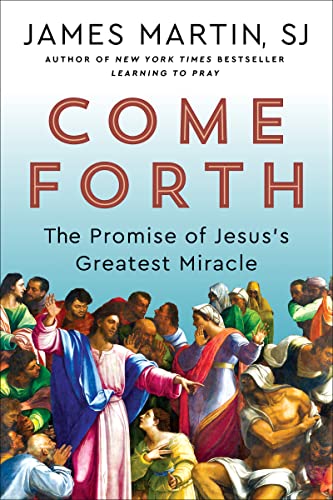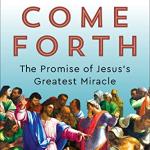Q. I have always thought that at least sometimes, and particularly in John 11, the phrase ‘the Jews’ means the Jewish officials who attended Lazarus’s period of mourning, and if Lazarus is the BD, he is well known to Caiaphas and has access to his house, as a known person, that Peter does not have. I don’t think the Fourth Gospel is anti-Semitic, nor anti-OT, for Christ is busy fulfilling the Scriptures, but of course it was horribly used for anti-semitic and anti-Judaism purposes later. Surely we must distinguish between the later misuse of this Gospel, largely by Gentile Christians, and the original in house debates and hostilities between Jews who followed Jesus and those who were strongly opposed to Jesus. Would you not agree?
A. Well, that’s the subject of a whole chapter in my book called “Let Us Go to Judea Again: John’s Gospel and the Jews.” You’re correct in saying that we must distinguish between the way that John’s Gospel uses the term hoi Ioudaioi (the Jews) and the way that the portrayal of the Jews in John’s Gospel (and in the Synoptics in places) was later used—to some tragic, horrible and lethal ends.
At the same time, as I mention in the book, the term appears more than 70 times in John’s Gospel, almost always negatively, usually in reference to “the Jews” being in opposition to Jesus and his disciples. By contrast, it appears only 16 times in Mark, Matthew and Luke combined, and chiefly during the Passion narratives.
It’s important to say that John obviously knew that Jesus and his disciples were Jewish. But for many reasons (which I elaborate in the book) by this time there seems to have been more antipathy between the Johannine Christians and “the Jews.” So the key is noticing that and being careful how we interpret those passages.
Now, I know this is not something you asked, but I want to say publicly—as I do in my book—how grateful I am for your scholarship and for your help on this book. You have a way of looking at the Gospel that I very much appreciate, and which I share: which I might describe as “scholarly belief.” You tease out possibilities, make connections and raise questions that few other scholars do, and I find your work not only informative and inspiring but altogether delightful. And to fans of Ben Witherington, you’ll find plenty of him in my new book, which I hope you enjoy!













